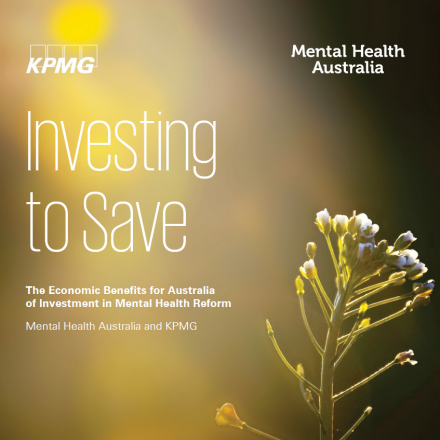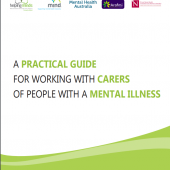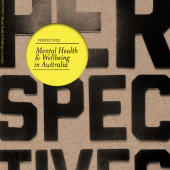Investing to Save - KPMG and Mental Health Australia report - May 2018
At Mental Health Australia our vision is for mentally healthy people, and mentally healthy communities. Investing to Save presents a major contribution towards that vision. It shows how we can, with the right targeted investments, improve the mental health of our community, and in turn the mental wealth of the nation.
There have been many reviews, inquires and other various investigations into Australia’s mental health system. But this is a report unlike any other.
Investing to Save: The economic benefits for Australia of investment in mental health reform, tackles a set of complex issues from a new perspective, and a new pragmatic approach to the scale of the task of reforming our mental health system.









